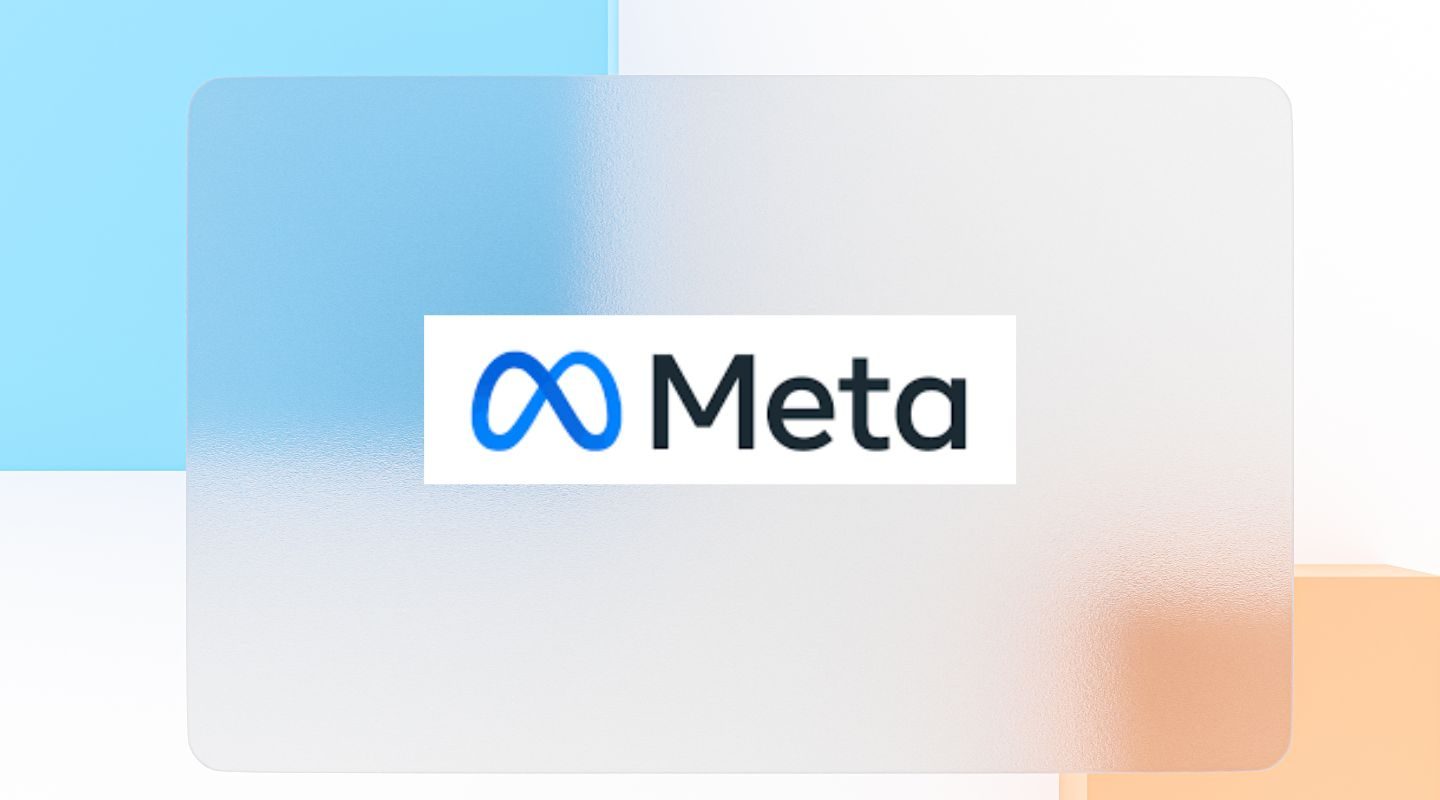Recently, it was announced that PyTorch, the Meta-created open source AI research framework, will now be independently governed by the fledgling PyTorch Foundation.
Moving forward this ensures that decisions regarding PyTorch will be made “in a transparent and open manner by a diverse group of board members for many years to come.”
Initially, the governing body will include representatives from AMD, Amazon Web Services, Google Cloud, Meta, Microsoft Azure and Nvidia.
A statement from Meta asserted:
“The framework’s contributors will benefit from the robust governance, diverse leadership and additional investments provided by the new PyTorch Foundation partners. The Foundation will strive to adhere to four principles: remaining open, maintaining neutral branding, staying fair and forging a strong technical identity. One of its main priorities will be to keep a clear separation between the business and technical governance of PyTorch.”
On the face of it, this seems like a bold, selfless gesture from Meta, and is the latest in a string of initiatives designed to make their business practices more open and transparent.
- May 2021 – The Facebook Transparency Centre is launched. Publishing regular reports on policy enforcement, and responding to data requests.
- Jan 2022 – The Facebook Open Research and Transparency tool (FORT) becomes active. Its intention is to facilitate data sharing and publish independent research about Facebook’s role in society.
- May 2022 – Facebook Ad Library begins displaying additional details for ads in the social issues, electoral, and political categories. This includes data such as targeted location and demographics, total number of ads, and insights into ad spend.
While these are all welcome developments, should we be rushing to congratulate Meta on this new dawn of transparency? Are these moves truly the fulfillment of a desire to make Big Tech more accountable, or are they simply the result of forced change imposed by regulators?
In reality, the latter seems to be the case, with a near $6 million dollars worth of regulatory fines likely to have inspired this change of direction.
During 2019, the Federal Trade Commission slapped Meta (then known as Facebook) with a huge $5 Billion penalty. Not only were they fined for past failures, but the final agreement legally compelled Meta to change their business practices. Included in the settlement were requirements designed to enhance transparency within the organisation.
The Irish Data Protection Commission (DPC) soon followed suit. In 2021, Meta owned Whatapp was fined €225 million under the GDPR law for “failing to be transparent about how it handled personal information”. Further breaches of GDPR lead to DPC penalties of €17 million in March 2022 and €405 million in September 2022.
Reaction to the PyTorch Foundation news has been mostly positive on AI subreddits – it will be interesting to see how much Meta and their partners on the governing body continue to invest in the project.
As one redditor @czerhtan stated:
“Increasing the number of backers and the size of the community/management team behind PyTorch is a good way to grow it across different platforms/backends, to make it easier to use in production scenarios, and to make sure the underlying features are rock solid everywhere.”
The view from Spike
PyTorch aside, we shall eagerly await further Meta transparency initiatives in the near future, as the company seeks to boost its brand reputation, while avoiding the wrath of regulatory authorities around the world.
Author spike.digital